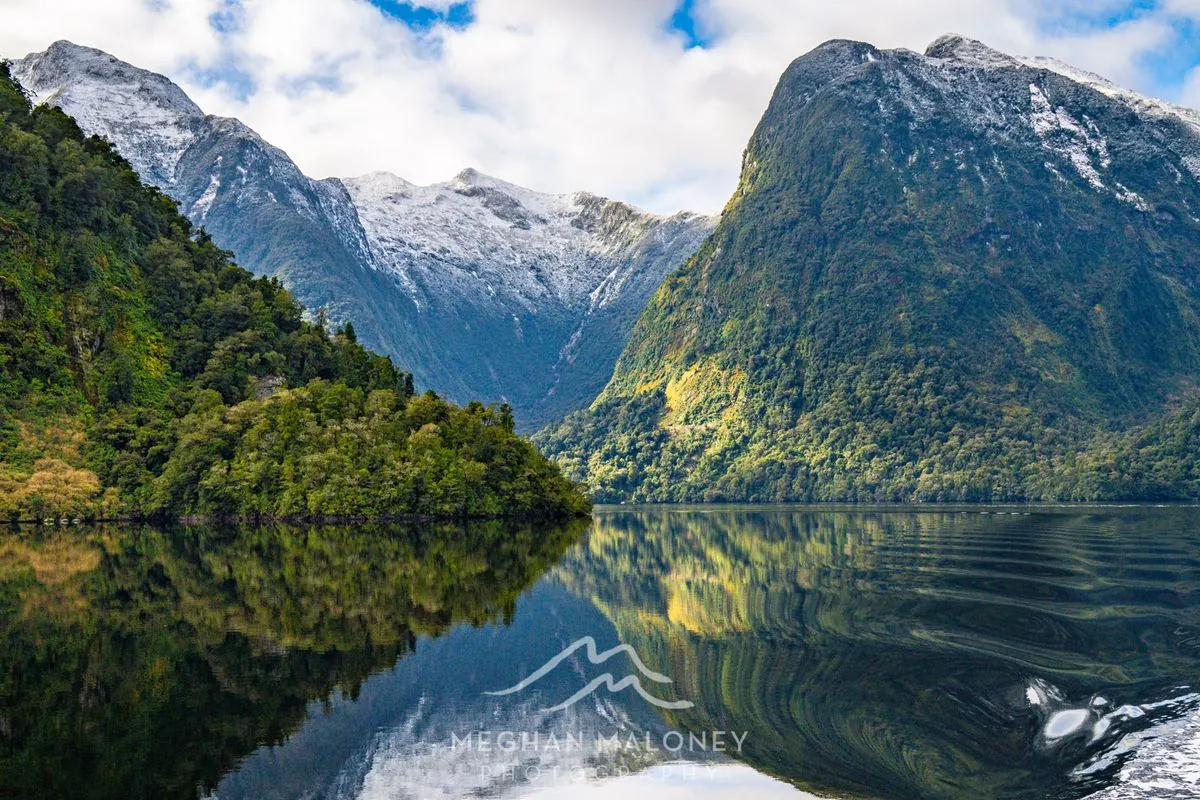New Zealand Triples Tourist Entry Fee, Sparking Industry Concerns
New Zealand to increase tourist entry fee from NZ$35 to NZ$100 in October 2024, aiming to boost conservation efforts. Tourism industry warns of potential negative impact on visitor numbers and economic recovery.

New Zealand has announced a significant increase in its tourist entry fee, set to take effect in October 2024. The International Visitor Conservation and Tourism Levy (IVL) will rise from NZ$35 to NZ$100, nearly tripling the cost for foreign visitors entering the country.
Tama Potaka, the conservation minister, stated that the additional funds will be allocated to conservation projects, tourist infrastructure, and the preservation of popular attractions. This includes iconic sites such as Mount Cook/Aoraki, New Zealand's highest peak at 3,724 meters, and the picturesque Milford Sound.

Matt Doocey, the tourism minister, defended the increase, asserting that NZ$100 represents approximately 3% of the average international tourist's expenditure. He emphasized the importance of visitors contributing more to New Zealand's public services and natural resources.
However, the tourism industry has expressed strong opposition to the new levy. Rebecca Ingram, chief executive of Tourism Industry Aotearoa (TIA), warned that the increased fee could deter around 50,000 tourists annually and result in a loss of NZ$273 million in revenue. The industry is particularly concerned about the timing of this increase, as tourism levels are currently at only 80% of pre-pandemic figures.
The debate surrounding this fee hike reflects broader global discussions about mass tourism's impact on local communities and the environment. New Zealand, known for its stunning landscapes featuring mountains, fjords, volcanoes, and lakes, has long been a popular destination for nature enthusiasts and adventure seekers.
"These changes make travel to New Zealand more expensive and less attractive and could further delay the recovery in visitor numbers to beyond 2026."
The tourism industry faces additional challenges, including recent increases in visitor visa costs and potential charges on regional airports. Billie Moore, NZ Airports chief executive, described these changes as a "triple-whammy" for the sector, which is striving to contribute to New Zealand's economic recovery.
While the government aims to balance tourism growth with conservation efforts, industry representatives argue that the increased fees may harm New Zealand's competitiveness as a tourist destination. The country's unique ecosystem, featuring many endemic species, and its commitment to environmental protection have long been key attractions for international visitors.
As New Zealand navigates this delicate balance between tourism revenue and environmental preservation, the impact of this policy change on visitor numbers and the country's tourism industry remains to be seen.


































